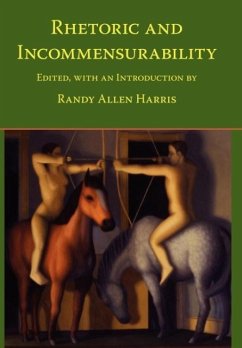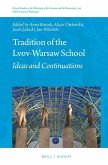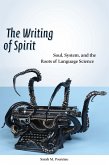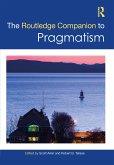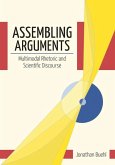RHETORIC AND INCOMMENSURABILITY examines the complex relationships among rhetoric, philosophy, and science as they converge on the question of incommensurability, the notion jointly (though not collaboratively) introduced to science studies in 1962 by Thomas Kuhn and Paul Feyerabend. The incommensurability thesis represents the most profound problem facing argumentation and dialogue-in science, surely, but in any symbolic encounter, any attempt to cooperate, find common ground, get along, make better knowledge, and build better societies. This volume brings rhetoric, the chief discipline that studies argumentation and dialogue, to bear on that problem, finding it much more tractable than have most philosophical accounts. The introduction charts the many variations of incommensurability in scholarly literatures, anchoring them in Kuhn's and Feyerabend's work; probes the implications of seeing incommensurability as a rhetorical phenomenon; and introduces the ten chapters from prominent scholars in the rhetoric, history, and philosophy of science, including Paul Hoyningen-Huene, Alan G. Gross, Thomas M. Lessl, Herbert W. Simons, Leah Ceccarelli, Lawrence J. Prelli, John Angus Campbell, Jeanne Fahnestock, Charles Bazerman, René Agustín De los Santos, and Carolyn R. Miller. What Others Have Said RHETORIC AND INCOMMENSURABILITY should attract attention from almost anyone interested in rhetoric. The incommensurability issue has implications that encompass all flavors of rhetoric, and the book seems well designed both to engage the rhetoric of science specialists and the more general audience of rhetoricians. -Michael C. Leff, editor of Rhetoric and Pedagogy: Its History, Philosophy, and Practice and NCA Distinguished Scholar RHETORIC AND INCOMMENSURABILITY will be of interest to rhetoricians, students of scientific rhetoric, and a range of scholars in various arenas of science studies. It will also be of interest to philosophers of science, and to philosophers interested in rhetoric. It will make an important interdisciplinary contribution to the study of incommensurability. -Harvey Siegel, author of Relativism Refuted: A Critique of Contemporary Epistemological Relativism and Rationality and Judgment About the Author RANDY ALLEN HARRIS is Professor of Rhetoric and Communication Design in the Department of English at the University of Waterloo. He is the author of The Linguistics Wars (Oxford) and the editor of Landmark Essays in Rhetoric of Science: Case Studies (Hermagoras), in addition to other books and articles on the rhetoric of science, communication design, and linguistics.

